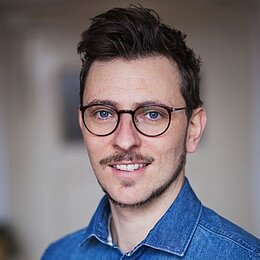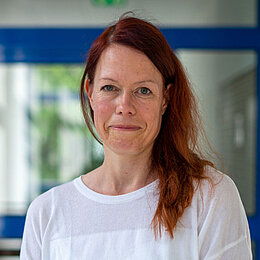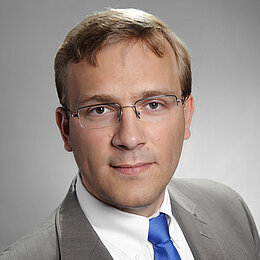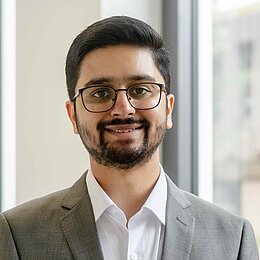Not like the others
About us

The Research Center Trustworthy Data Science and Security was founded in 2021 and is currently still in the start-up phase. It is funded by the Ministry of Culture and Science of the State of North Rhine-Westphalia and is part of the Research Alliance Ruhr, which consists of a total of four research centers and one college.
The scientific focus is shaped by the Center's spokespersons, who have set the course for the first new professorships. The spokespersons are experts from social science, data science and cyber security, working together to cover the full spectrum of research challenges of trustworthy and privacy-aware technologies for society and industry.
The next professorships will be sought in coordination with the existing professorships of the Center and the faculties, so that they complement each other ideally and many synergies can be exploited. This process, as well as all other decisions, is governed by the Center's steering committee, the scientific board. This board currently consists of the following elected PIs.

Prof. Dr. Nils Köbis
University of Duisburg-Essen
Tectrum Duisburg
Bismarckstraße 120
Room 3.1.OG.1130
47057 Duisburg
Germany

Prof. Dr. Nicole Krämer
University of Duisburg-Essen
Tectrum Duisburg
Bismarckstraße 120
Room 3.1. OG.3319
47057 Duisburg
Germany
Phone: +49 203 379 2482

Prof. Dr. Emmanuel Müller
TU Dortmund University
JvF25, Room 208
Phone: +49 231 755 7722

Prof. Dr. Daniel Neider
TU Dortmund
JvF25, Room 212
Phone: +49 231 755 7802

Prof. Dr. Muhammad Bilal Zafar
Ruhr University Bochum
Universitätsstr. 150
MC Room 5.113
44801 Bochum
Germany
Phone: +49 234 32 15079
The center is represented by its Director, Prof. Nicole Krämer. The Center's employees are spread across the locations of the participating universities in the Ruhr region - but as these are very close to each other, regular joint meetings are held for scientific exchange. These regular meetings are particularly essential for the distinctive interdisciplinary approach - which is why great emphasis is also placed on the joint graduate school and other measures for interdisciplinary networking.